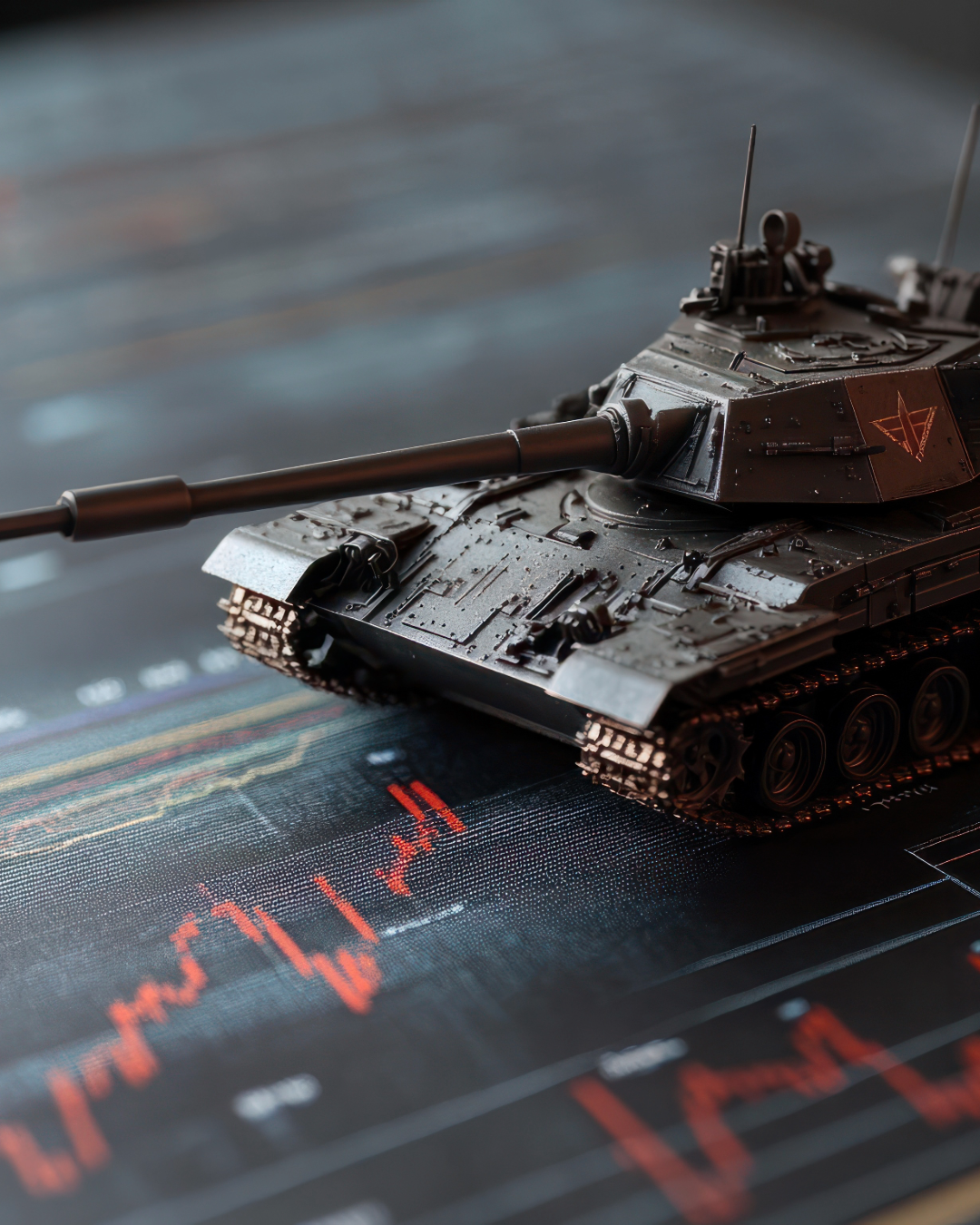
Will the Israel-Iran War Affect Your Investments?
As Independent Financial Advisers, we have been asked whether the Israel-Iran Conflict impacts investments and the effect that global conflicts have on clients’ investments.
The short answer? Potentially, yes. One crucial factor to consider is the impact of the Israel-Iran war on investment, which underscores the importance of understanding how geopolitical events influence markets and what steps one can take to stay on track financially.
Geopolitical Uncertainty and Market Volatility
Markets dislike uncertainty.
Events such as the ongoing Israel-Iran conflict can trigger short-term volatility, especially in sectors like energy, defence, and commodities.
Oil prices, for instance, often spike due to instability in the Middle East. This can, in turn, drive concerns about inflation and affect global stock markets, thereby illustrating the investment impact.
How the Israel-Iran conflict could impact your investments is a question many are asking.
According to Russ Mould, Investment Director at AJ Bell, “Oil is often seen as a geopolitical barometer. Tensions in the region tend to push up prices, which then ripple through global economies, creating an Israel-Iran war investment impact.” Understanding how the Israel-Iran Conflict could impact your investments is crucial during this time.
What History Tells Us
Past conflicts, such as the Iraq War or the Russia-Ukraine crisis, have often led to short-lived market drops followed by recoveries.
Global markets are remarkably resilient. In many cases, the immediate response to war is overreaction, followed by a more measured rebound once the situation stabilises or markets adapt, minimising the impact of war investments.
As Sarah Coles, Senior Personal Finance Analyst at Hargreaves Lansdown, says, “Markets tend to process the uncertainty quickly and then refocus on economic fundamentals.”
What This Means for Your Portfolio
If you hold a diversified portfolio with exposure to different asset classes, such as equities, bonds, and property across multiple geographies, you’re already better positioned to weather such storms.
Defensive sectors, such as healthcare or utilities, may become more attractive during volatile periods, while rising prices benefit energy stocks in the short term.
Consider how the Israel-Iran war investment impact could steer your portfolio strategy, and ask yourself how the Israel-Iran Conflict could impact your investments.
However, trying to second-guess market movements or moving to cash out of fear often leads to missed opportunities.
Emotional investing is one of the most common pitfalls, especially during times of global tension.
Read what to do in a bumpy market
What Should Investors Do Now?
- Review but don’t react. Check your portfolio’s diversification and risk level.
- Stick to your plan. Your investment strategy should reflect your goals and time horizon, rather than the headlines related to the impact of the Israel-Iran war on investments.
- Speak to an adviser. Now’s a good time to reassess your portfolio with professional guidance.
Remember, long-term investing aims to ride out volatility, rather than avoiding it altogether.
Final Thoughts
While the Israel-Iran conflict may influence markets in the short term, history suggests long-term investors with a clear plan and diversified portfolio can remain confident.
If you’re unsure how this affects your specific financial position regarding the Israel-Iran war investment impact, consult your financial adviser.
We’re here to help you stay informed and invested with peace of mind.
